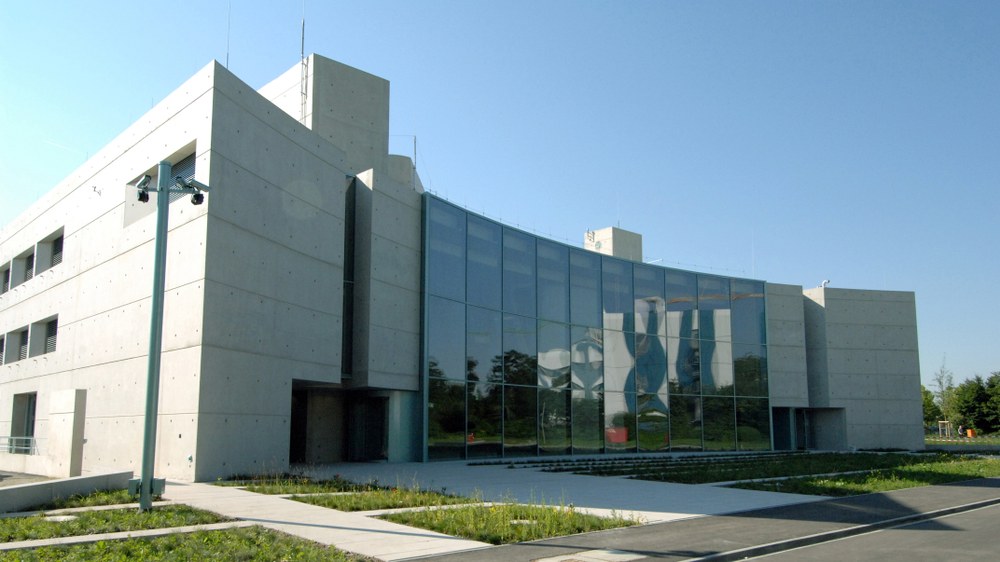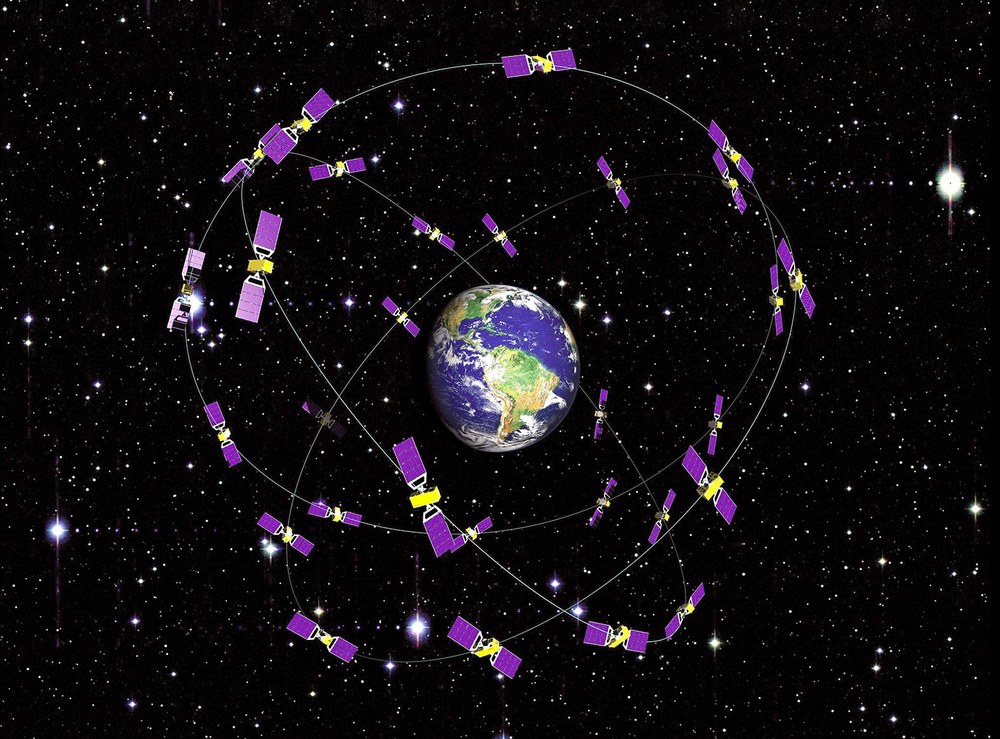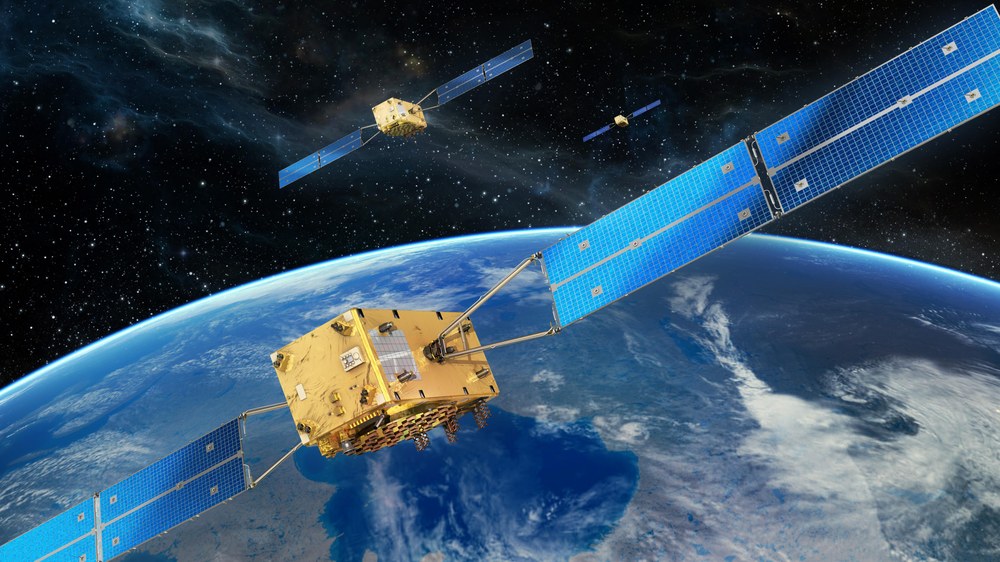Galileo
This accuracy is facilitated by the heart of the satellites: highly accurate atomic clocks with a stability of one nanosecond per day. The satellites also contain a signal-generating unit and a unit for transmitting the signals to the ground receivers. Even today, many industrial sectors such as transport, logistics, telecommunications and energy already rely on accurate location, navigation and time services such as these. Due to the continually increasing fields of application, the Galileo satellites will play an even more important role in the future. Galileo has a huge market potential, particularly in the transportation area.
The construction phase of Galileo is commissioned, financed and executed by the European Commission. On their behalf, the European Space Agency ESA negotiates the industrial contracts for the development and construction of the system. Thirty-four satellites from the first three satellite contracts in the construction phase were built by OHB AG in Bremen. The two Galileo control centres are located at the DLR site in Oberpfaffenhofen and in Toulouse (CNES).
News
Multimedia



